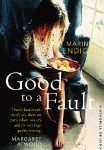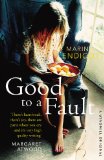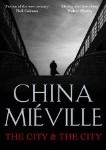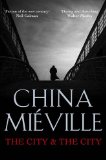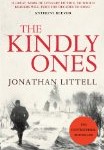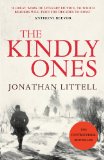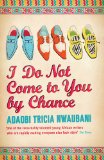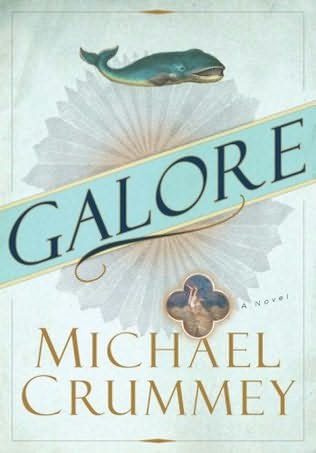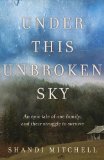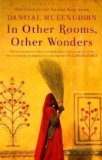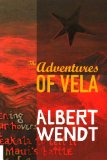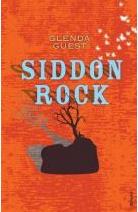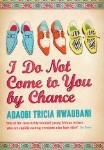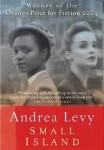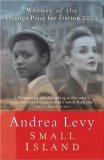Winner of 2009 Commonwealth Writers’ Prize for Canada and the Caribbean, Finalist for 2008 Giller Prize.
Good to a Fault follows 43-year-old Clara as she makes a series of life changing decisions. The chain of events starts when Clara crashes her car into one containing a homeless family. At the hospital it is discovered that the mother of the homeless family is suffering from cancer. Feeling guilty (or just trying to be a good citizen?) Clara takes the three children and their grandmother into her home while the mother receives treatment for her cancer. Clara, used to living by herself, struggles to cope with with the sudden noise and complication of living with children, but she does her best to adapt to the difficult situation.
The book raises interesting questions about whether it is possible to be selfless, helping others just because you are a nice person; or whether there is always another motive. In this case Clara could be viewed as trying to obtain the family she has always wanted, secretly hoping that the mother will die so that she can adopt them. Clara’s true thoughts are kept cleverly hidden, leaving the reader to decide for themselves how virtuous she really is.
It is an interesting premise, but unfortunately I found the book far too long. The middle section really dragged for me and I felt that at least 200 pages of this 480 page book could have been removed without losing much. The writing was mainly dialogue, so it moved along at a reasonable pace, but this book had the distinct disadvantage of being read straight after Beside the Sea. The relationship between the children just didn’t jump off the page in the same way and I found their characters quite flat and lacking in emotion.
The ending was very well done, but I’m afraid this didn’t make up for the slowness of the rest of the book.
Overall, I recommend this to those who are looking to read a quiet book about some nice characters and anyone interested in what it means to be a good person.
The majority of people loved this book:
The book is so good I was surprised I hadn’t heard more about it. Compulsive Overreader
…a bit unwieldy and much too long. S. Krishna’s Books
….there is a quiet intensity about it that completely drew me in. She Reads and Reads
I drank in every word of this perfectly true-to-life (but never boring) book. The Writer’s Pet
